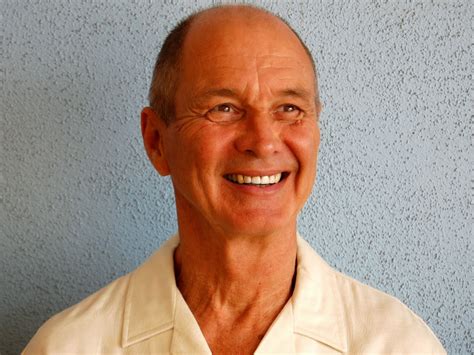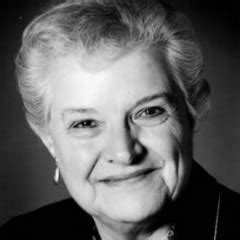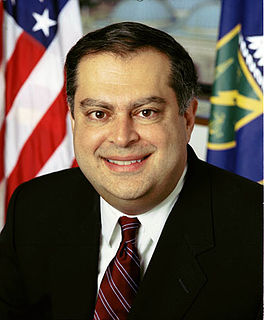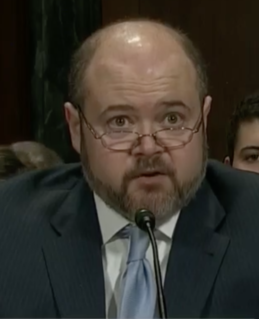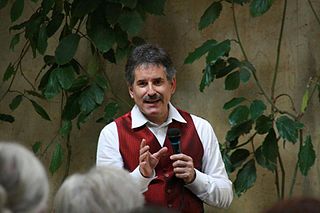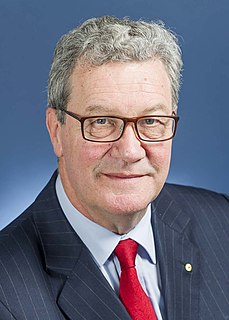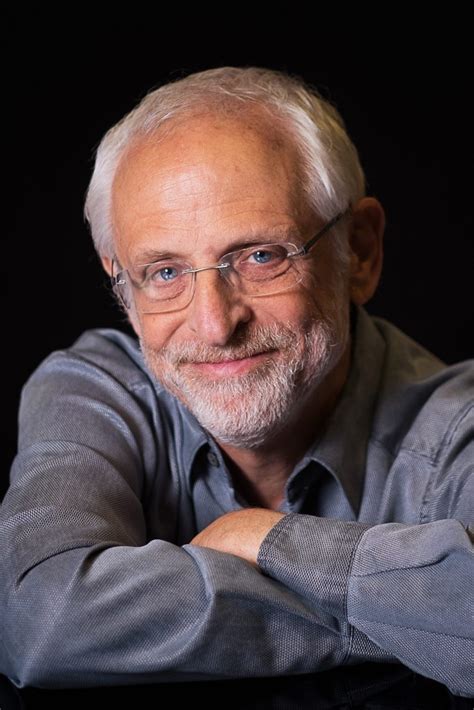A Quote by Daisaku Ikeda
A commitment to human rights cannot be fostered simply through the transmission of knowledge. Action and experience play a crucial role in the learning process.
Related Quotes
Unless the schools provide our children with a vision of human possibility that enlightens and empowers them with knowledge and taste, they will simply play their role in someone else's marketing schemes. Unless they understand deeply the sources of our democracy, they will take it for granted and fail to exercise their rights and responsibilities.
For me, the Immaculate Conception is the feast of 'passive action,' the action that functions simply by the transmission through us of divine energy. Purity, in spite of outward appearances, is essentially an active virtue, because it concentrates God in us and on those who are subject to our influence.
Whenever a human being ceases to live for themselves and begins to care about that which is greater than themselves, the personality begins to experience ecstasy, joy and spontaneous liberation. And that's found through doing, through action, through giving, through deeply embracing the human experience.

